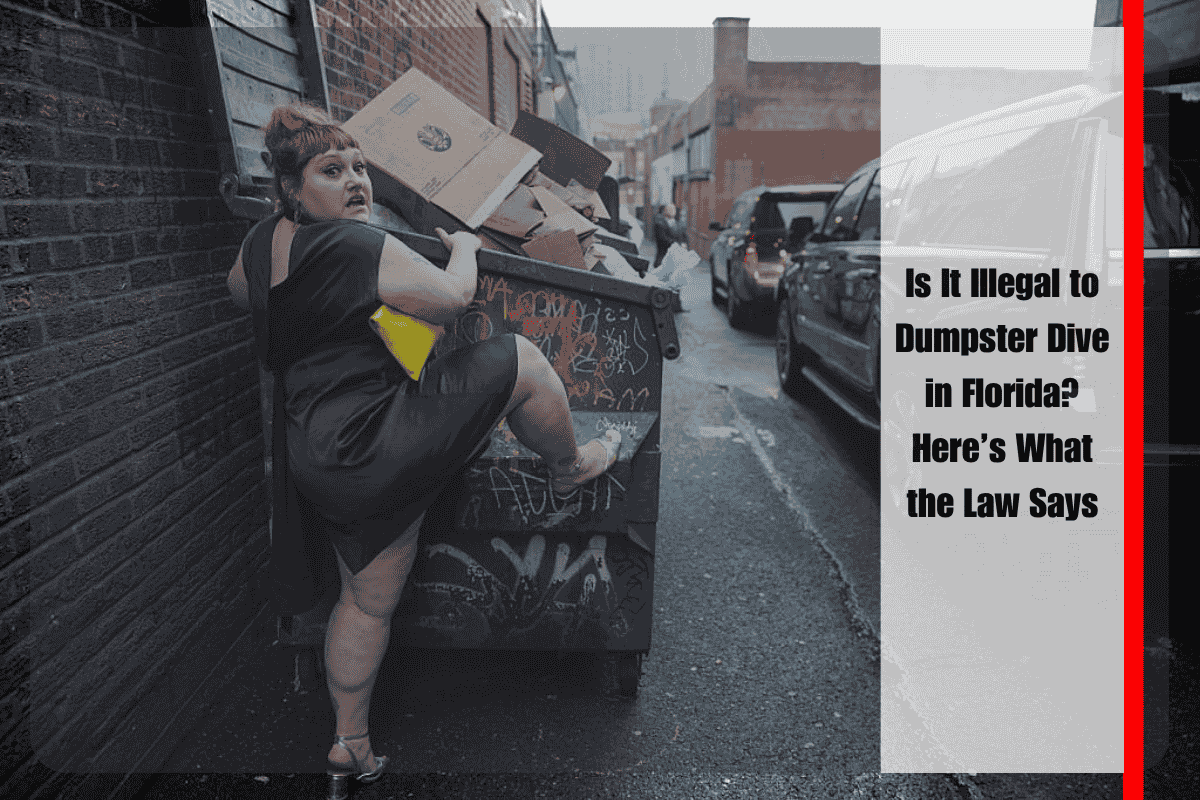Traffic stops can be stressful, and if you’re pulled over by the police in New York, you might wonder what rights you have regarding searches of your vehicle or personal belongings, including your phone. While the police have certain powers during a traffic stop, there are strict rules about when they can search your phone. It’s essential to understand these rules so you can protect your privacy and avoid any misunderstandings. Here’s what the law says about phone searches during a traffic stop in New York.
Understanding Search and Seizure Laws in New York
The Fourth Amendment of the U.S. Constitution protects individuals from unreasonable searches and seizures. This means that, generally, law enforcement must have a valid reason (probable cause) or a warrant to search your personal property, including your phone. This also applies during traffic stops in New York. However, there are certain exceptions where police can search your phone without a warrant or your consent.
Can the Police Search My Phone During a Traffic Stop in New York?
In New York, the police cannot search your phone without your consent unless they have a specific legal justification. Just like any other search, a phone search must be reasonable under the law. Here are the circumstances under which police may search your phone during a traffic stop:
Consent: The most straightforward situation is if you voluntarily agree to allow the police to search your phone. If you give them consent, they can look through your phone’s contents. However, you are not required to consent to the search, and you have the right to refuse.
Probable Cause: If the police have probable cause to believe that your phone contains evidence of a crime, they may be able to search it without your consent. For example, if the police suspect that you have been involved in a crime, and they believe your phone may contain evidence related to that crime, they could argue that they have probable cause to search it.
Search Incident to Arrest: If you are arrested during a traffic stop, the police may search your phone as part of a search incident to the arrest. In 2014, the U.S. Supreme Court ruled in Riley v. California that police cannot search the contents of a smartphone without a warrant, even if the person is under arrest. The Court determined that smartphones are different from other physical objects, as they contain a vast amount of private information. However, there are exceptions, and certain situations may allow a phone search, such as when there is an immediate need to protect public safety or preserve evidence.
What Happens If Police Try to Search My Phone Without a Warrant or Consent?
If the police attempt to search your phone during a traffic stop without a warrant or your consent, you have the right to object to the search. You can politely refuse and state that you do not consent to the search. Keep in mind that refusing to allow the search may not prevent the police from taking other actions, such as arresting you, but it ensures that your rights are protected under the law.
It’s important to remember that even if you refuse the search, the police may still arrest you or seize your phone if they have a valid legal reason to do so. For instance, if they have probable cause or if they believe your phone contains evidence of a crime, they may confiscate it and apply for a warrant to search it later.
Can the Police Seize My Phone During a Traffic Stop?
Yes, the police can seize your phone during a traffic stop, but this does not mean they automatically have the right to search it. If the police have reason to believe that your phone is evidence of a crime, they can confiscate it as part of their investigation. However, just because your phone is seized does not mean it can be searched immediately. They must typically obtain a warrant before conducting a search, unless they have your consent or another legal justification, such as an emergency or the need to prevent the destruction of evidence.
What Should You Do If the Police Ask to Search Your Phone?
If the police ask to search your phone during a traffic stop, you have the right to refuse. It’s your right to not consent to a search, and you should make it clear to the officer that you do not agree. A polite refusal, such as saying, “I do not consent to a search of my phone,” is often enough. However, avoid being confrontational or obstructive. If the police have a legal basis to search or seize your phone, they may still do so, but you should assert your rights calmly.
In New York, police cannot search your phone during a traffic stop without a valid reason. This means that unless you give consent or the police have probable cause, they cannot go through your phone’s contents. Even if you are arrested during the stop, the police generally need a warrant to search your phone, following the guidelines set by the Riley v. California ruling. If you’re unsure about your rights, it’s always a good idea to assert that you do not consent to a search and seek legal advice if needed.
Sources
[1] https://www.govtech.com/public-safety/can-police-search-your-phone-during-a-traffic-stop
[2] https://www.newyorkappellatelawyer.com/blog/your-cell-phone-and-the-fourth-amendment-police-may-not-conduct-a-warrantless-search-of-your-cellphone-even-after-your-arrest/
[3] https://caselaw.findlaw.com/court/nyc-criminal-court/2274590.html
[4] https://law.justia.com/cases/new-york/other-courts/2023/2023-ny-slip-op-23161.html
[5] https://www.greenwaldfirm.com/uncategorized/challenging-probable-cause-for-a-traffic-stop-in-new-york/












